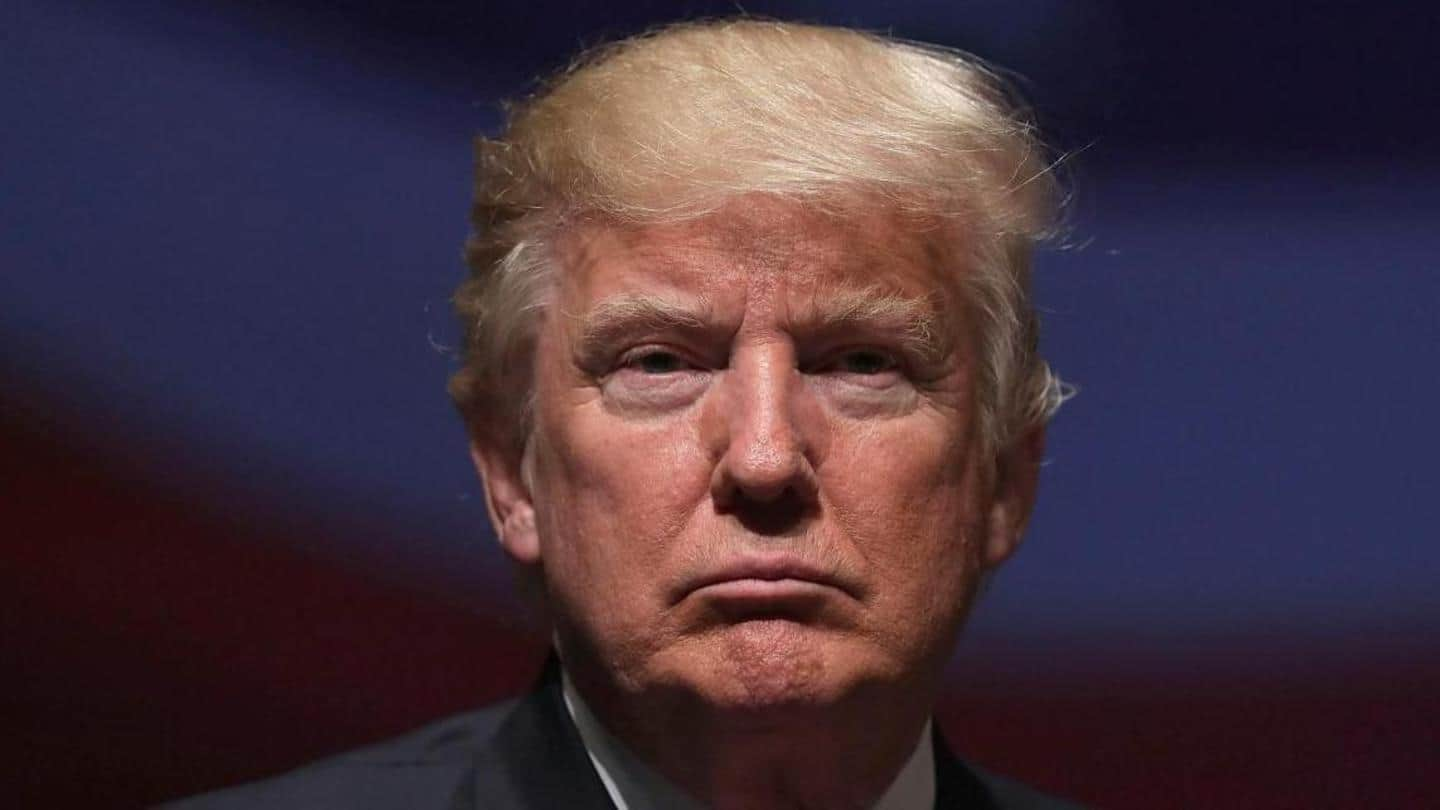
Trump fires parting salvo at Huawei, imposes further restrictions
What's the story
During its final week in office and a year after it put Huawei on the Entity List, the Trump administration delivered another blow to the Chinese smartphone maker. Starting last September, any chip maker using US-sourced technology must obtain a license from the US authorities before dealing with Huawei. Just last week, the administration banned further US investment into Xiaomi, another Chinese company.
Sheer will
Huawei soldiers on despite losing Google support last year
The US Government made headlines last year when it put Huawei on the Department of Commerce Entity List, banning it from exchanging goods and services with US-based entities. The move impacted the company adversely, as support and integration for Google services was pulled. Despite this, Huawei was the world's largest smartphone maker by volume of units sold for a brief period last year.
Big blow
US Government closes back doors to the Entity List
Huawei was put on the Entity List over suspected ties to the Chinese Government and allegations of snooping on American users, which remain unsubstantiated. Meanwhile, Huawei is the second-largest client of TSMC, the world's largest silicon chip maker. PhoneArena claims that this move blocks Huawei from receiving bleeding-edge chips of its own design.
Long shot
US will deny future trade licenses and revoke existing ones
Since the Entity List addition, the US Government issued licenses to companies seeking to sell components to Huawei. When Reuters contacted the Semiconductor Industry Association (SIA) regarding the Commerce Department's recent actions, it was informed that the department intends to deny future license applications and revoke at least one previously issued license. US companies have waited months for updates on their license applications.
Tough stance
Huawei being compelled to become entirely self reliant
In light of the recent developments, the only sliver of hope the Chinese giant could cling on to is the Joe Biden administration reconsidering these decisions. Like Xiaomi, Huawei may be compelled to look for local partners to replace their American suppliers, or it may have to invest heavily in developing a self-reliant manufacturing infrastructure to survive without the support from US companies.